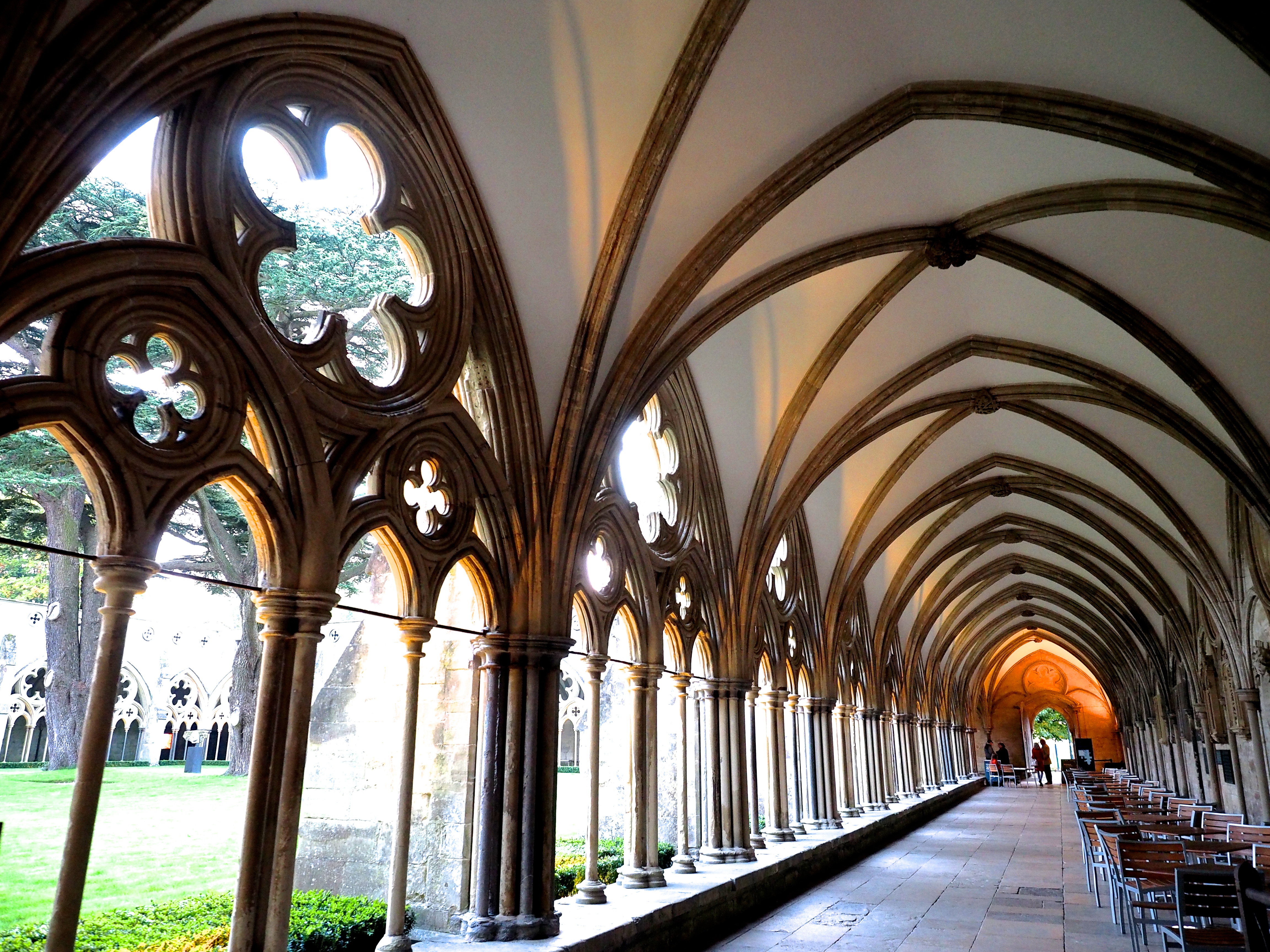Pilgrims are ordinary people from ordinary walks of life. Geoffrey Chaucer tells of the Miller, the Cook, the Knight, the Monk, the Priest, and the Wife of Bath meeting at the George Inn at the outset of their pilgrimage to Canterbury.
Our band of pilgrims met last night at the same inn in Southwark, London at the beginning of our pilgrimage.1 As we followed the footprints of the pilgrims in Chaucer’s Canterbury Tales, I imagined that they, too, were responsible people with good and ample reasons to stay home, work, and put aside thought of pilgrimage. Their duties notwithstanding, Chaucer’s pilgrims wend their way to Canterbury:
“the holy blessed martyr there to seek
who helped them when they lay so ill and weak.” 2
The pilgrims in our company had pressing reasons to remain at home and on task, but each had a greater desire to grow closer to God. The desire to meet God, or encounter him in a new way, is another hallmark of a pilgrim. Rupert Brooks captures this spirit in his poem The Song of the Pilgrims:
O Thou,
God of all long desirous roaming,
Our hearts are sick of fruitless homing,
And crying after lost desire.
Hearten us onward! as with fire
Consuming dreams of other bliss,
The best Thou givest, giving this
Sufficient thing—to travel still
Over the plain, beyond the hill,
Unhesitating through the shade.
Amid the silence unafraid.
Till, at some sudden turn, one sees
Against the black and muttering trees
Thine altar, wonderfully white,
Among the Forests of the Night.
Traveling to meet God involves one’s body, mind, and spirit. In each of these dimensions, the adversary opposes the pilgrim’s pursuit of God.
Yesterday evening, one of the pilgrims in our group failed to “mind the gap” and suffered a violent fall. Another, fatigued by jet lag, confessed a nocturnal assault on his thoughts that disrupted his devotions and his sleep.
Pilgrims are ordinary folk, frail and prone to fall. God graciously saves and keeps us while we are sinners. We go on pilgrimage because we are sinners who long to be with Jesus and to be more like him.
Pilgrim: What is it you do down there?
Monk: We fall down, and we get up again.
It is because we fall down that we want and seek Jesus. The lyric to the Negro spiritual captures this sentiment:
I want Jesus to walk with me,
I want Jesus to walk with me,
All along my pilgrim journey,
I want Jesus to walk with me. 3
Oh Lord, send me anywhere only go with me, lay any burden upon me only sustain me, and sever any tie that binds me except the tie that binds me to thy heart. – David Livingston
1 I owe a special gratitude to Christian George who encouraged me to recover the ancient practice of pilgrimage and first enlisted me as a pilgrim to Patmos. His book on pilgrimage has informed my understanding of this spiritual discipline: Christian George, Sacred Travels (Downers Grove, Ill.: InterVarsity Press, 2006).
2 Geoffrey Chaucer, The Canterbury Tales (Franklin Center, Penn.: Franklin Library, 1981), 3.
3 “I Want Jesus to Walk with Me,” in African American Heritage Hymnal (Chicago: GIA, 2001), 563.


